Are you fascinated by religious architecture and history? Here are the must-see religious buildings in Austria:
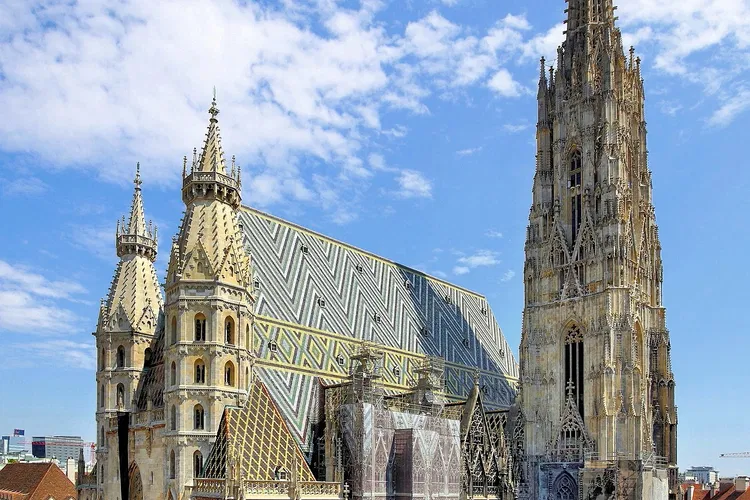
St. Stephen's Cathedral
ViennaSt. Stephen's Cathedral, also known as Stephansdom, is a Roman Catholic cathedral located in Vienna, the capital of Austria. It serves as the seat of the Archbishop of the Austrian Archdiocese of Vienna. This cathedral is not only a place of worship but also a symbol of Austrian history and identity.
DomQuartier Salzburg
SalzburgThe DomQuartier Salzburg, established in 2014, is a museum complex located in the city of Salzburg. It offers a unique blend of architectural structures and a display of both secular and sacred art collections centered around the Salzburg Cathedral and the Cathedral Square. The establishment of the DomQuartier has made several previously inaccessible areas open to the public.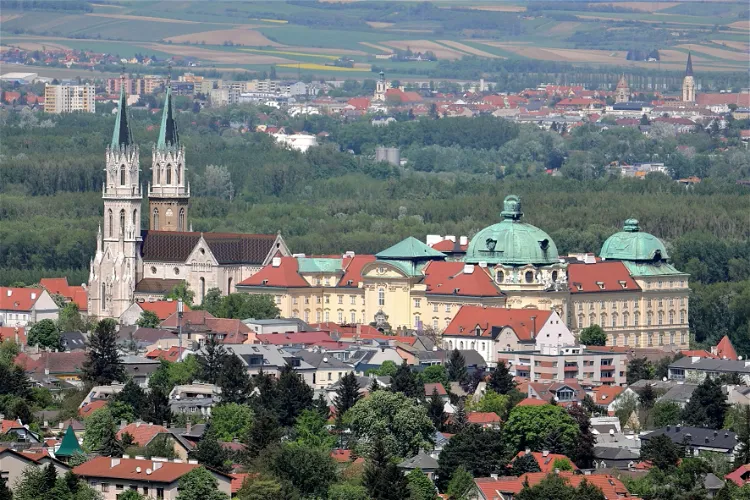
Klosterneuburg Monastery
KlosterneuburgThe Klosterneuburg Monastery, located northwest of Vienna in the town of Klosterneuburg, belongs to the congregation of the Austrian Augustinian Canons Regular. The complex has a rich history, dating back to its foundation by the Austrian Margrave Leopold III and his wife Agnes of Waiblingen in the early 12th century.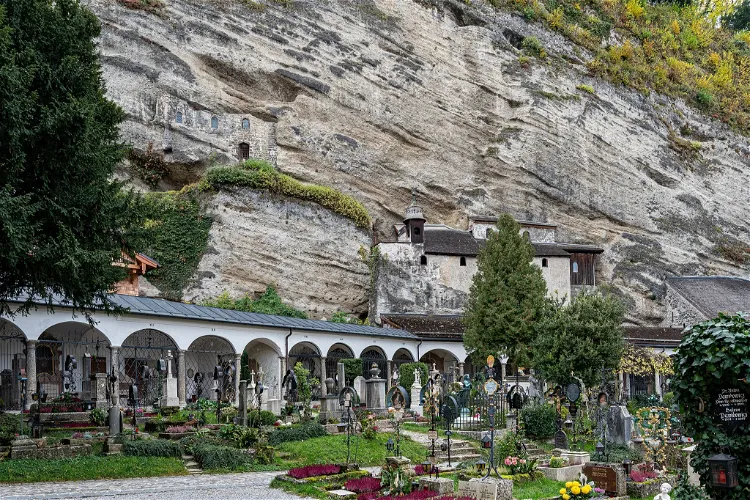
Katakomben Salzburg
SalzburgThe catacombs of Salzburg, situated on the edge of the Petersfriedhof, are a significant historical site. They were carved into the Festungsberg, a mountain in Salzburg, and are believed to be of late antique-early Christian origin. Despite their name, these catacombs were not used as burial sites but likely served as early Christian meeting places.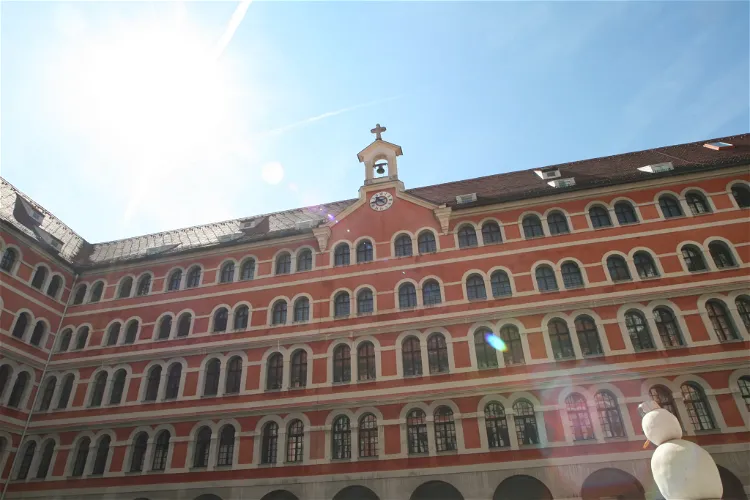
Diözesanmuseum Graz
GrazThe Diözesanmuseum Graz is a museum that represents the Diocese of Graz-Seckau. It is located in Graz, a city in Austria. The museum is a significant institution that showcases the history and culture of the local Catholic Church.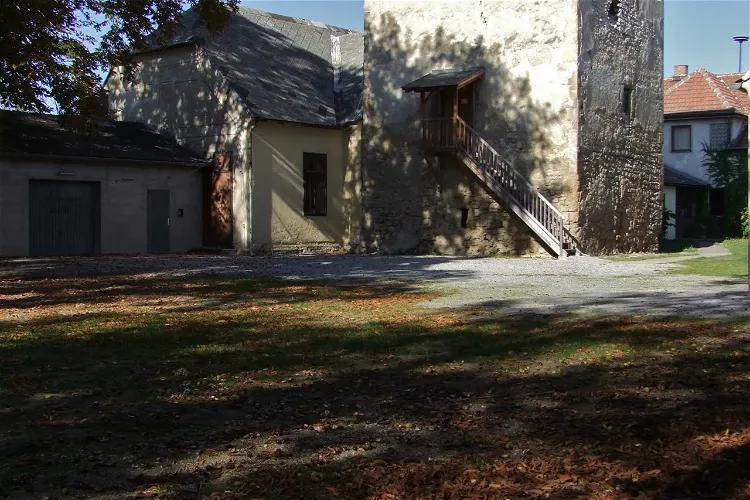
Wehrturm
Palterndorf-DobermannsdorfThe Wehrturm in Palterndorf, located in the Weinviertel region of Lower Austria, holds a rich history. It was first mentioned in the Liechtensteiner Urbar in 1414, but it is believed to be significantly older. This historical significance adds to the charm and allure of the tower, making it an interesting site for tourists who appreciate history.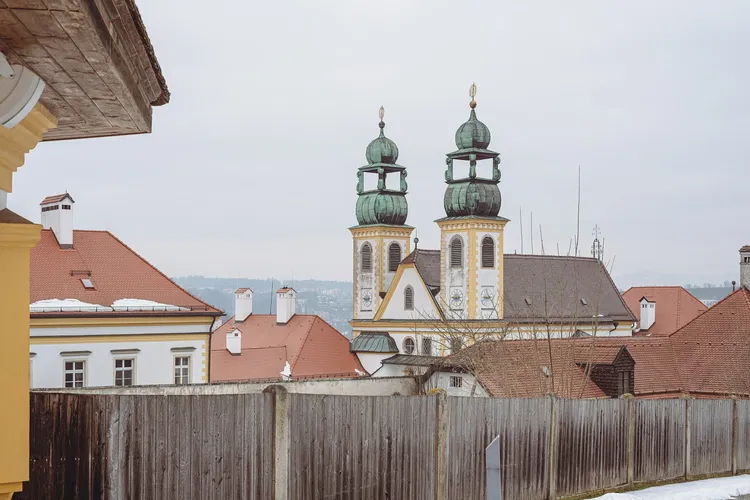
Church of Mariahilf
ViennaThe Church of Mariahilf, located in Vienna's 6th district, is a Baroque parish church and also the church of the Congregation of Saint Michael the Archangel. This historic church is a significant part of Vienna's architectural and religious landscape.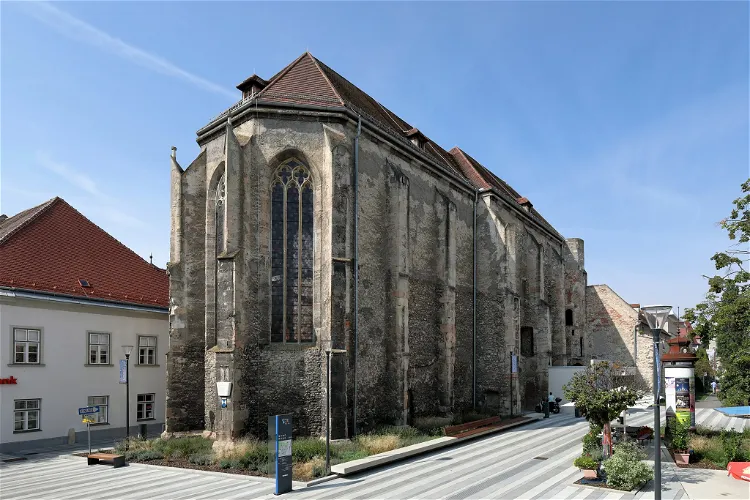
St. Peter an der Sperr
Wiener NeustadtSt. Peter an der Sperr, once a Dominican monastery, is now a significant historical site in Wiener Neustadt, Lower Austria. The former church building, which is no longer used for religious purposes, has been repurposed as an exhibition space. This transformation allows visitors to appreciate the historical architecture while also engaging with various exhibitions.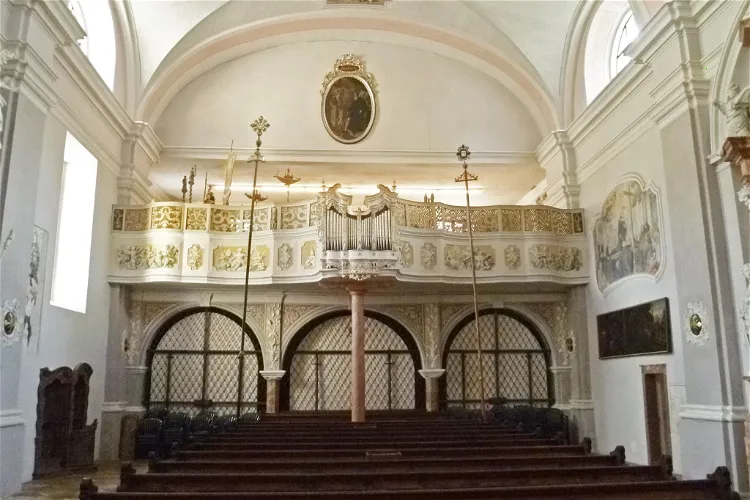
Augustine Museum Rattenberg
RattenbergThe Augustine Museum Rattenberg is a significant cultural institution situated in Rattenberg, Tyrol. This Austrian museum offers a unique opportunity to explore the rich history and artistic heritage of the region.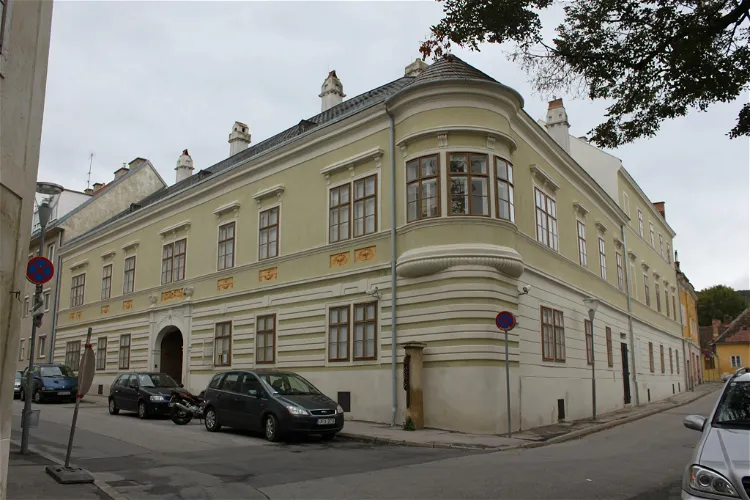
Austrian Jewish Museum
EisenstadtThe Austrian Jewish Museum is situated in Eisenstadt, Austria, on Unterbergstraße 6. This location is easily accessible and provides a unique opportunity to explore the rich Jewish history of Austria.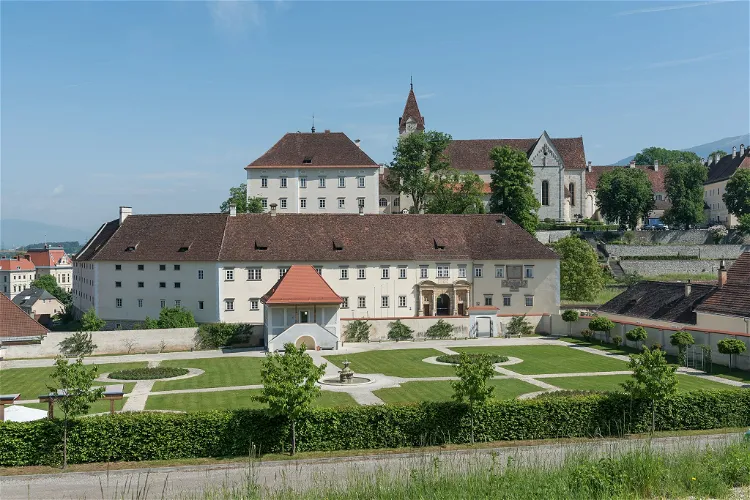
Saint Paul's Abbey, Lavanttal
Sankt Paul im LavanttalSaint Paul's Abbey in Lavanttal is a historical Benedictine monastery that was established in 1091. It is located near the market town of Sankt Paul im Lavanttal in the Austrian state of Carinthia. This ancient monastery offers a glimpse into the rich history and religious traditions of the region.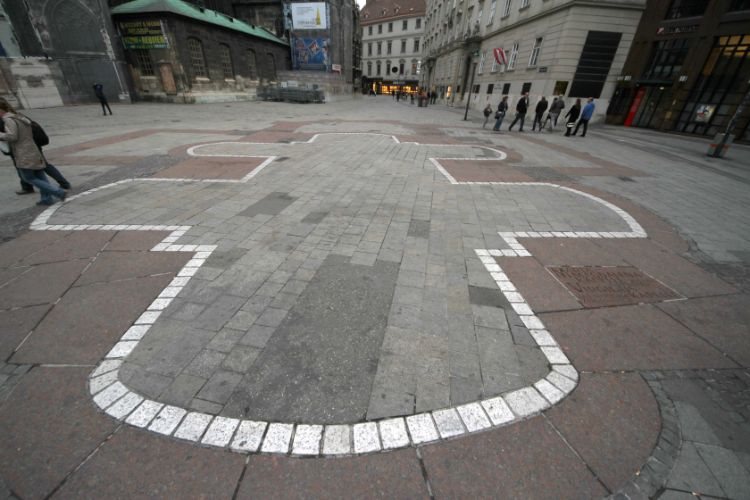
Vergilius Chapel Museum
ViennaThe Vergilius Chapel (Virgilkapelle) is an underground crypt that is located next to the Stephansdom in Vienna. The chapel is rectangular in form with six niches and lies around 12 meters beneath the ground. A small exhibition gives a historical outline of medieval Vienna. It is possible to look int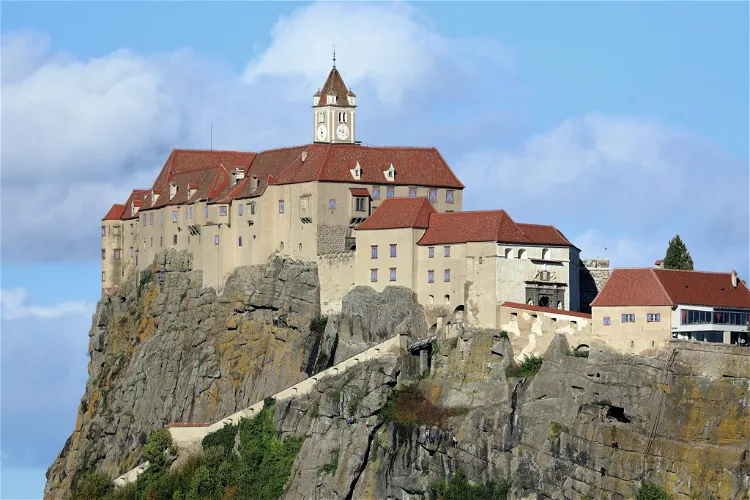
Riegersburg Castle
Altenmarkt bei RiegersburgRiegersburg Castle is a medieval structure that sits atop a dormant volcano in the town of Riegersburg, located in the Austrian state of Styria. This unique location provides visitors with a unique perspective of the surrounding landscape and a glimpse into the castle's intriguing past.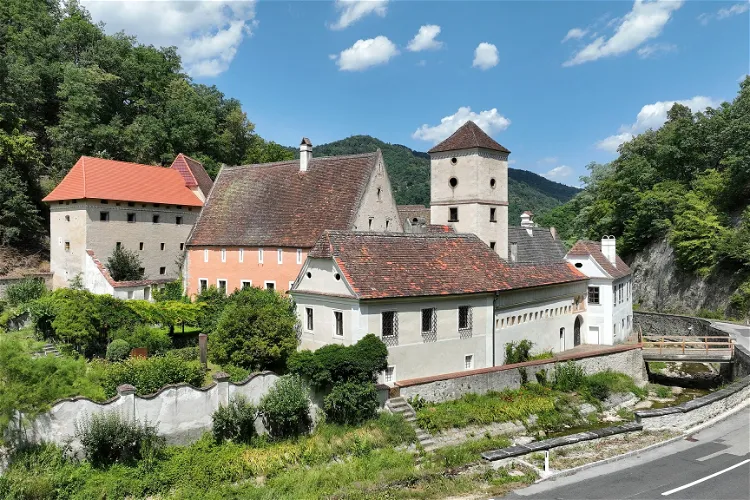
Aggsbach Charterhouse
Aggsbach-DorfThe Aggsbach Charterhouse, located in Aggsbach-Dorf, Lower Austria, is a former Carthusian monastery. It was founded in 1380 by Heidenreich von Maissau. This historical site offers a glimpse into the monastic life of the Carthusian monks and the history of the region.
Stiftsmuseum Mattsee
MattseeStift Mattsee, located in Mattsee, Austria, is a collegiate church that has been in existence since around 1045. It holds the distinction of being the oldest existing community of secular priests in Austria. This historical significance adds a unique charm to the place, making it a point of interest for those who appreciate history and architecture.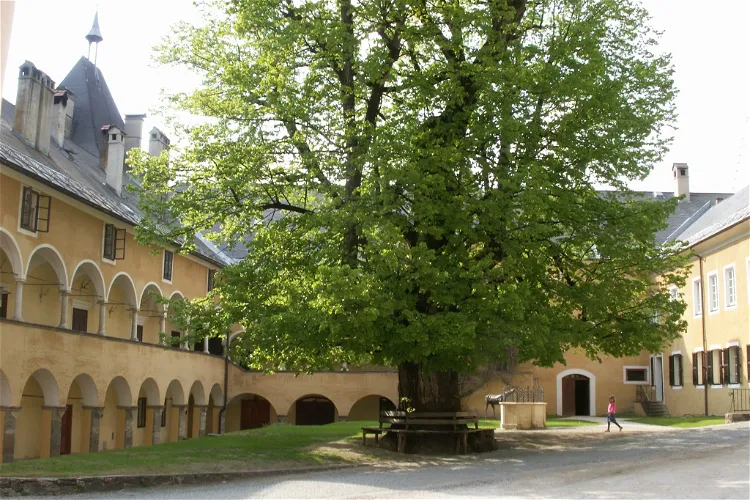
Millstatt Abbey
Millstatt am SeeMillstatt Abbey is situated in the picturesque Austrian municipality of Millstatt am See, nestled within the district of Spittal an der Drau in Carinthia. This location offers visitors a chance to explore the rich history of the region while enjoying the serene beauty of the surrounding landscape.
Wallfahrtsbasilika Mariapfarr
AlthofenThe Wallfahrtsbasilika Mariapfarr is a significant religious site located in the municipality of Mariapfarr, in the Lungau district of the state of Salzburg. This Roman Catholic parish and pilgrimage church is dedicated to 'Our Beloved Lady' Maria Assumption. The church holds the title of a Basilica minor, a title bestowed by the Pope to churches of historical and spiritual significance. It is also under monument protection, further emphasizing its historical and cultural value.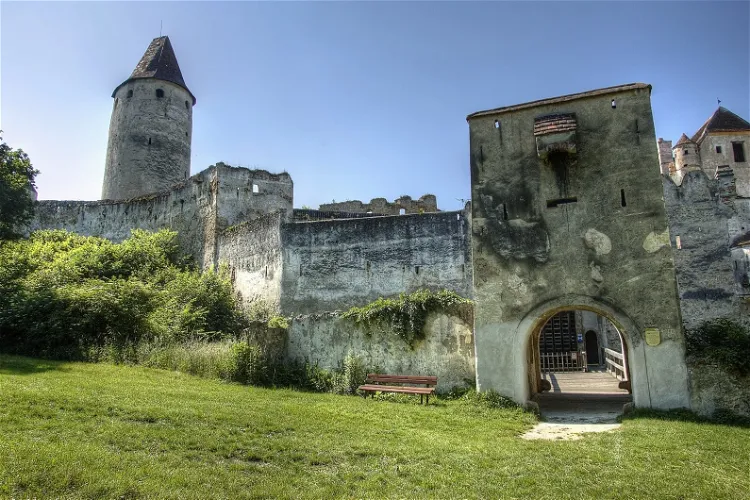
Seebenstein Castle
SeebensteinSeebenstein Castle, situated in Seebenstein, Lower Austria, is a unique structure that comprises two distinct parts. The older section of the castle features a round keep and a ruined palace dating back to the 13th and 14th centuries. The newer part, known as the high castle, was constructed between the 15th and 17th centuries.